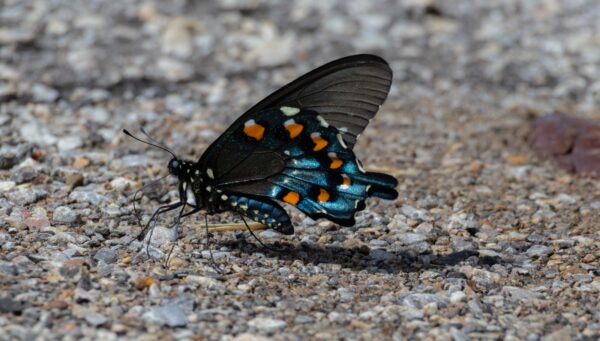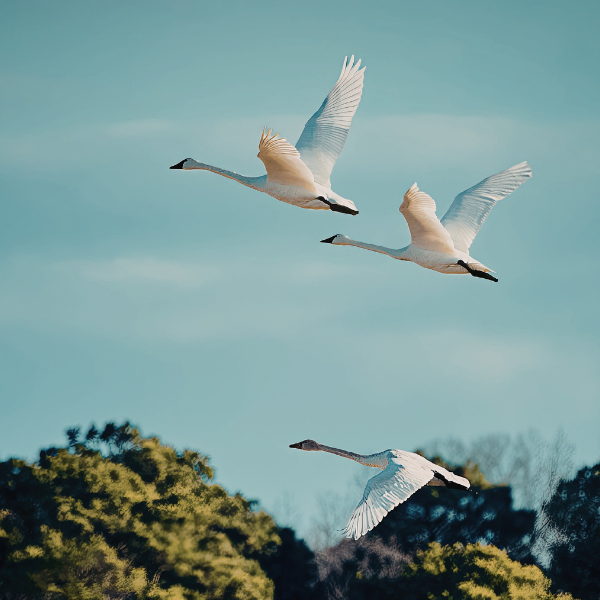Last spring we launched a series with poets whose work we love and want to feature and will continue it moving forward.
Our next poet is Jeanne Murray Walker whose recent work was created through the discipline of a sonnet format. Read her poetry and discover more about the connections she makes between poetry and the sacred. Watch and lister to her read “The Creation” below.
Staying Power
In appreciation of Maxim Gorky at the International convention of Athiests. 1929
Like Gorky, I sometimes follow my doubts
outside and question the metal sky,
longing to have the fight settled, thinking
I can’t go on like this, and finally I say
all right, it is improbable, all right, there
is no God. And then as if I’m focusing
a magnifying glass on dry leaves, God blazes up.
It’s the attention, maybe, to what isn’t
there that makes the notion flare like
a forest fire until I have to spend the afternoon
spraying it with the hose to put it out. Even
on an ordinary day when a friend calls,
tells me they’ve found melanoma,
complains that the hospital is cold, I whisper, God.
God, I say as my heart turns inside out.
Pick up any language by the scruff of its neck,
wipe its face, set it down on the lawn,
and I bet it will toddle right into the godfire
again, which–though they say it doesn’t
exist—can send you straight to the burn unit.
Oh, we have only so many words to think with.
Say God’s not fire, say anything, say God’s
a phone, maybe. You know you didn’t order a phone,
but there it is. It rings. You don’t know who it could be.
You don’t want to talk, so you pull out
the plug. It rings. You smash it with a hammer
till it bleeds springs and coils and clobbered up
metal bits. It rings again. You pick it up
and a voice you love whispers hello.
First appeared in Poetry.
Also appears in Helping the Morning
Themes of Her Work
I have just finished writing a hundred poems, each in 14 lines of rhymed iambic pentameter. I very intentionally took on this task as a king of spiritual commitment about five years ago: to write sonnets, investigating the question: why have the best religious poets in English have been obsessed with the sonnet? The answer became the book, Pilgrim, You Find the Path by Walking (Paraclete). I confess that I didn’t care for sonnets, particularly, when I began writing. Through practice I have discovered that the sonnet offers a powerful way to read and/or write about life and death and God and His astonishing world.
Everywhere You Look You See Lilacs
and better yet
just blossoming in woozy
pink and white, smell the peonies
that will cast off their clothes like floozies
soon. Ponder the indolent fat bees
like tiny blimps that hover over them,
perfectly content with where they are
this morning. Nothing’s missing in the flame
of this slow day. Sun through Douglas fir
cascading now, the earth complete and here:
once, currently, forever. How not traveling,
we’ve still traveled everywhere. How far
it’s possible to go without unraveling
maps or charts. To get there with no drive,
no fear, not even any hunger to arrive.
First appeared in Innisfree.
Also appears in Pilgrim, You Find the Path by Walking
Poetry and the Sacred
Reading good poetry reminds me (as does participating in ritual at church) that every literal thing in the world has another meaning, that there is a spiritual world which lies around and just beyond us all the time. I believe this. However, when I write poetry, I am usually not thinking about that spiritual world so much as about the fact that I’d better show up for a workshop at 3:00 pm (or whatever the scheduled time) with a couple of poems so I can talk them over with a friend, who is a poet and a fine critic. She brings her poems, too. I learned a long time ago that if I don’t workshop with other poets, I don’t write. Workshops and deadlines serve as my reminders about the dailiness of living on earth; for me they are also an aspect of the sacred practice of poetry.
Attempt
Be present with your want of a Deity
and you shall be present with the Deity.
Thomas Traherne
Sometimes I lose you, as if you were a stallion
and the barn door’s left ajar. Or I’m due someplace
and can’t remember where. In my hellion
hair and ripped work shirt, I ransack the place
to find my datebook. Gone. Or I’ve dropped
my glasses and I’m crawling on all fours
to swab the floor with outstretched hands. I mop
blindly, my heart stuttering with fear.
Don’t tell me you’re not a stallion. I know.
You’re not some destination. But I want to
tell you what it’s like to search, although
the words are clumsy. Vapor.
What it comes to:
You are the sky, the boat, the oars, the water.
You are the soul that longs to row and you’re the rower.
First appeared in Spiritus.
Also appears in Pilgrim, You Find the Path by Walking
About Jeanne Murray Walker
Jeanne Murray Walker is the author of ten books of poetry, most recently, Pilgrim, You Find the Path by Walking (Paraclete Press). Her poems are collected in Helping the Morning (WordFarm Press). Jeanne’s poetry and essays have appeared in several hundred journals, including Poetry, Image, The American Poetry Review, The Georgia Review, and Best American Poetry. Her plays have been produced by theatres across the US and in London. A recipient of the Pew and NEA Fellowships, she has been nominated 16 times for The Pushcart Prize. Her poem “Colors” is part of a permanent installation in The Comcast Technology Center in Philadelphia. Jeanne served as head of the creative writing department at the University of Delaware and as a mentor in The Seattle Pacific University MFA Program. Currently she teaches writing as a volunteer at Baylor Women’s Correctional Institution.
Visit her online at www.JeanneMurrayWalker.com
For more of Jeanne’s books including her essays visit: https://www.english.udel.edu/people/jwalker
Dreaming of Stones
Christine Valters Paintner‘s new collection of poems Dreaming of Stones has been published by Paraclete Press.
The poems in Dreaming of Stones are about what endures: hope and desire, changing seasons, wild places, love, and the wisdom of mystics. Inspired by the poet’s time living in Ireland these readings invite you into deeper ways of seeing the world. They have an incantational quality. Drawing on her commitment as a Benedictine oblate, the poems arise out of a practice of sitting in silence and lectio divina, in which life becomes the holy text.


